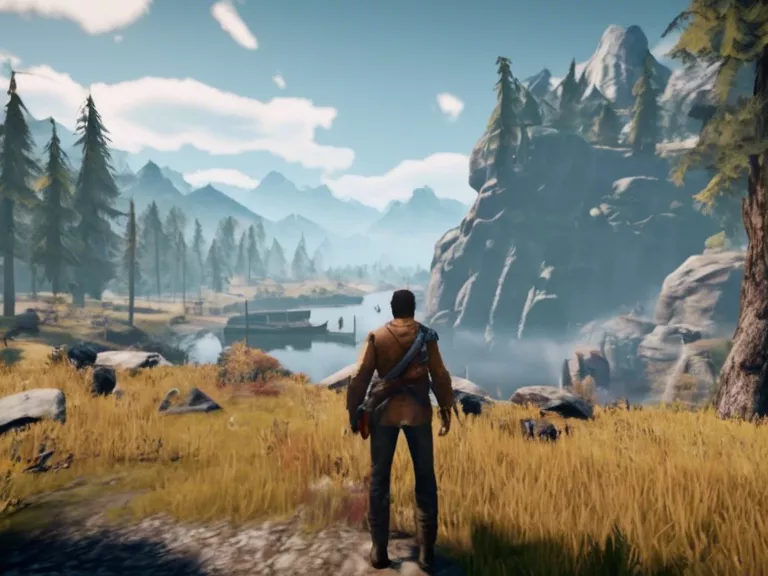
Open-world games offer players a vast and immersive playground to explore, but creating compelling narratives within these games can be a challenge. Balancing player agency with a well-crafted story is key to keeping players engaged and invested in the game world. Here are some tips on how to create compelling narratives in open-world games while still giving players the freedom to shape their own experiences.
Provide a Strong Central Storyline: While players have the freedom to explore the open world at their own pace, it's important to have a central storyline that serves as a driving force for the player. This storyline should be engaging, with well-developed characters and high stakes to keep players invested in the overarching narrative.
Branching Quests and Side Stories: In addition to the main storyline, including branching quests and side stories can add depth and variety to the player's experience. These optional quests can provide more insight into the game world, its inhabitants, and the consequences of the player's actions.
Dynamic World Events: Incorporating dynamic world events that respond to the player's choices and actions can make the game world feel alive and reactive. These events can range from random encounters with NPCs to world-changing events that alter the course of the game's narrative.
Multiple Endings and Consequences: Giving players the freedom to make meaningful choices that impact the outcome of the game can enhance replayability and make the player feel like their decisions matter. Including multiple endings based on the player's choices can add depth to the narrative and allow players to explore different outcomes.
Explore Themes of Choice and Consequence: Themes of choice and consequence are central to creating compelling narratives in open-world games. By exploring the impact of the player's decisions on the game world and its characters, developers can create a more immersive and engaging experience for players.
By incorporating these elements into the design of open-world games, developers can create compelling narratives that balance player agency with an engaging storyline. By giving players the freedom to explore and shape the game world, while still providing a compelling narrative to guide them, developers can create immersive and memorable gaming experiences.



